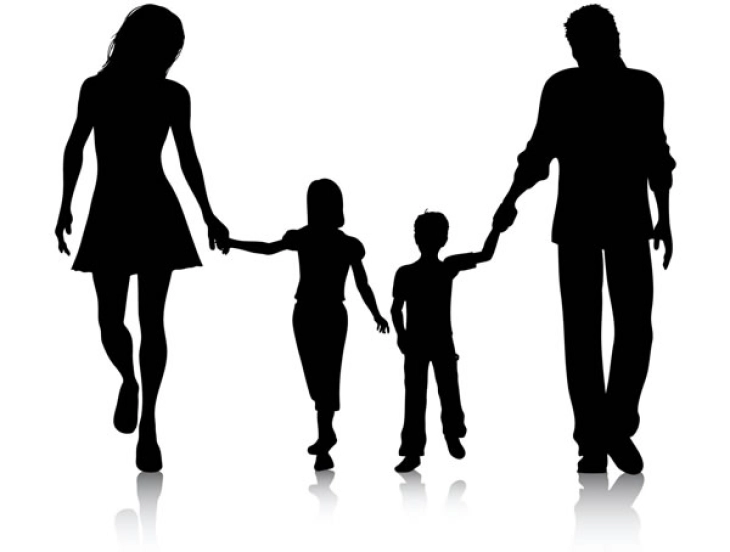UNFPA and Austria expand programme promoting gender-responsive family policies in Western Balkans
- UNFPA, the United Nations Population Fund, and the Austrian Development Agency (ADA), the operational unit of Austrian Development Cooperation, today announced the launch of the second phase of their “Expanding Choices” programme promoting gender-responsive family policies in cooperation with governments and the private sector in the Western Balkans, the UNFPA said in a press release on Wednesday.
- Post By Silvana Kocovska
- 11:07, 15 May, 2024

Skopje, 15 May 2024 (MIA) - UNFPA, the United Nations Population Fund, and the Austrian Development Agency (ADA), the operational unit of Austrian Development Cooperation, today announced the launch of the second phase of their “Expanding Choices” programme promoting gender-responsive family policies in cooperation with governments and the private sector in the Western Balkans, the UNFPA said in a press release on Wednesday.
The €2.2 million programme supports governments and the private sector over a period of three years with strengthening gender-responsive family policies and promoting family-friendly workplaces in Albania, Bosnia and Herzegovina, North Macedonia and Serbia, as well as in Kosovo (UNSCR1244). Three countries – Bosnia and Herzegovina, North Macedonia and Serbia – have joined the programme for its second phase.
“We’re excited about the programme’s expansion following its successful first phase,” said Florence Bauer, Director of UNFPA’s Regional Office for Eastern Europe and Central Asia. “With stronger gender-responsive family policies and more family-friendly workplaces, women and men will find it easier to reconcile work and care responsibilities, which strengthens families, increases equality, allows more women to join the workforce, boosts economies, and puts countries in a better position to tackle demographic change.”
“The Austrian Development Agency is proud to continue its cooperation with UNFPA in the Western Balkans. Together, we aim to break up entrenched gender inequalities by offering comprehensive support to both parents – mothers and fathers alike. Our ultimate goal is to strengthen women in a way that allows them to have the career that they want without having to compromise on starting a family,” said ADA’s Managing Director Friedrich Stift.
Women continue to shoulder much of the unpaid care and household work at home, making it difficult for them to join or remain in the workforce. At the same time, women face challenges in starting families and having the number of children they want without having to leave their job.
As a result, women’s labour force participation rates in the Western Balkans are low, between 16.5 and 52 per cent – significantly lower than men’s. And fertility rates in the region hover around 1.3 to 1.5 children per woman, much lower than the two or more children people on average say they want, reads the press release.
UNFPA’s “Expanding Choices” programme is designed to support governments in strengthening parental leave and other family policies and legal frameworks in ways that benefit women and men. It supports private sector companies in creating family-friendly workplaces that take into account the specific needs of women. And it promotes a more equal distribution of unpaid care and household work among women and men.
The programme’s results are expected to contribute to expanding women’s opportunities and gender equality, improving economic performance, and strengthening countries’ resilience to demographic change.
The programme’s first phase, which ended in 2023, already resulted in several concrete legal and policy changes related to family leave and childcare at the national level, the mobilization of some 20 champion companies, and over 13,000 employees – and their families – benefiting from more family-friendly workplaces.
Photo: MIA archive







